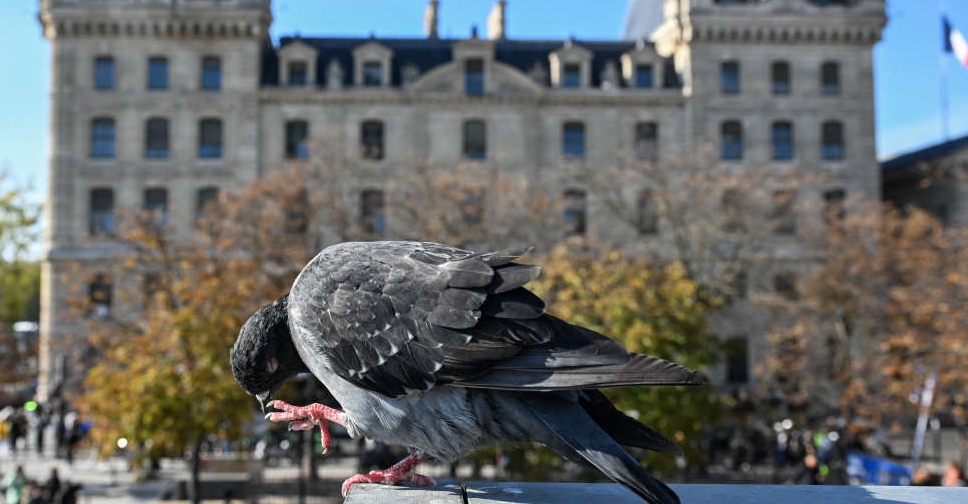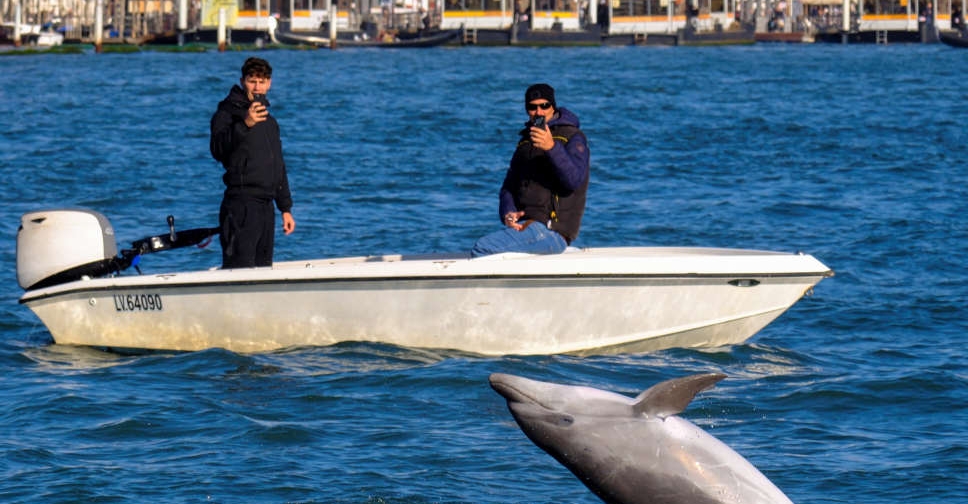
A team of scientists led by Jean-Michel Claverie from Aix-Marseille University School of Medicine has revived a virus, which he describes as "zombie viruses", that had been dormant for almost 50,000 years.
The virus was discovered in deep permafrost deposits and belonged to the Pandoravirus family, one of 13 newly isolated viruses in the study. This is not the first time Claverie has resurrected ancient viruses, having previously revived a 30,000-year-old virus in 2014.
Most of the viruses in the study were found to be extremely large by viral standards, with some up to two micrometers in length, similar in size to an E. coli bacterium cell. They infect single-celled amoebas and turn them into factories to produce more ancient viruses.
The findings of the study raise concerns that viruses preserved in permafrost could become active again due to climate change, potentially leading to catastrophic consequences for an ecosystem that hasn't seen these organisms in thousands of years. As Earth warms, there is a risk of viruses preserved in permafrost becoming active without scientific intervention.
Claverie emphasizes the importance of studying ancient viruses that infect amoebas, as it could help us understand and prevent possible spillover events of viruses that could infect plants, animals, and even humans. He urges people not to see his research as a mere curiosity but as a lesson to be learned.
The team's research highlights the need to address the issue of permafrost melting and the potential consequences it could have on our environment. As we lose permafrost across higher latitudes, the risk of ancient viruses reawakening becomes more significant, and it is essential to take proactive measures to prevent such occurrences.


 Popular Japanese sushi chain pays record $3.2 million for tuna in New Year auction
Popular Japanese sushi chain pays record $3.2 million for tuna in New Year auction
 Japan's last two giant pandas are headed to China and fans just can't bear it
Japan's last two giant pandas are headed to China and fans just can't bear it
 At Britain's first plant-based Michelin-star restaurant, most diners aren't vegan
At Britain's first plant-based Michelin-star restaurant, most diners aren't vegan
 'No strings attached': Meet Paris' pigeon doctor
'No strings attached': Meet Paris' pigeon doctor
 'Mimmo' the dolphin delights Venice tourists, worries experts
'Mimmo' the dolphin delights Venice tourists, worries experts




